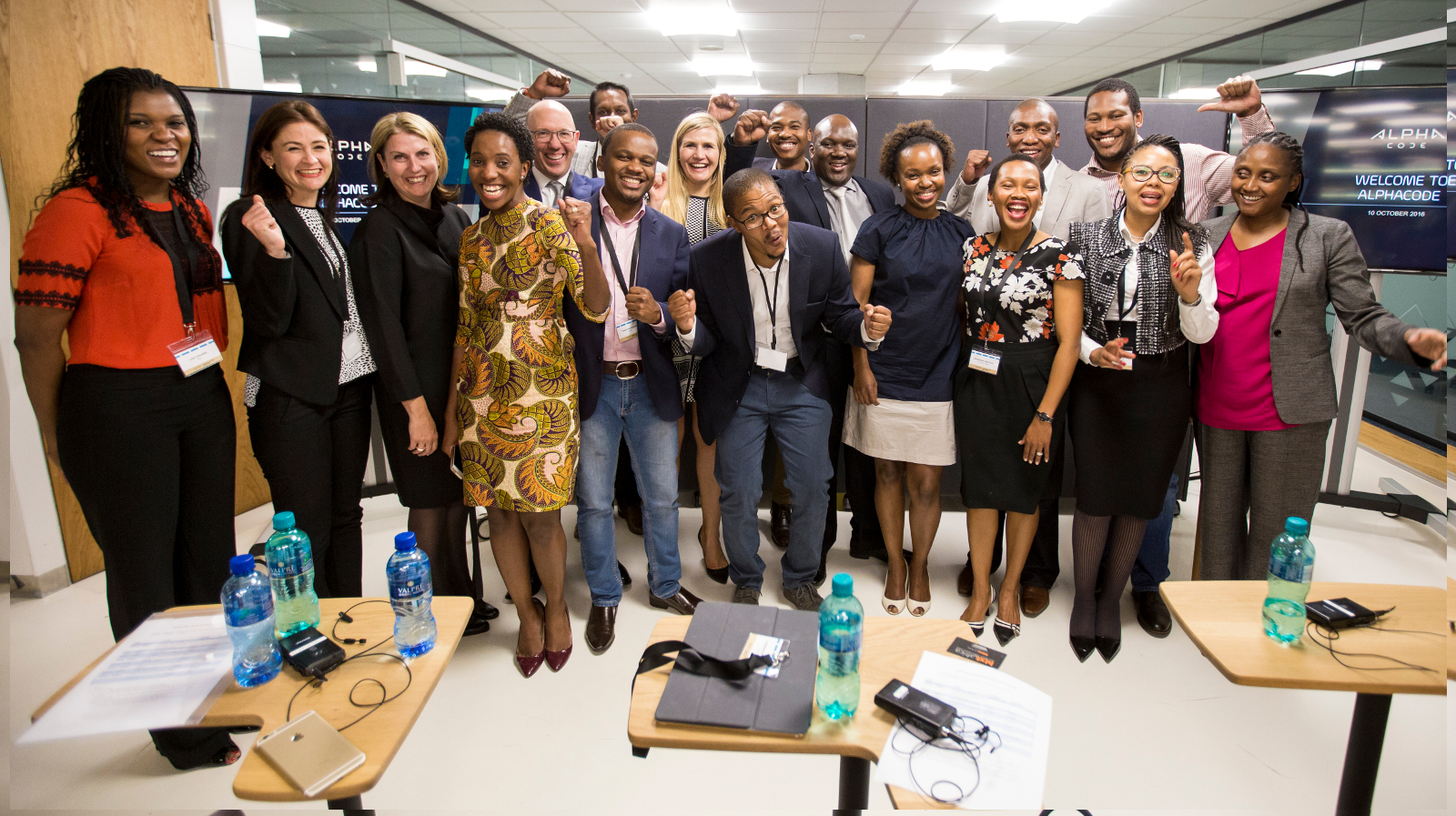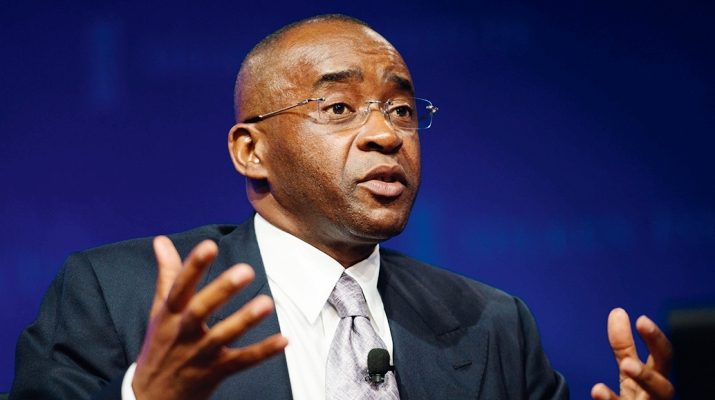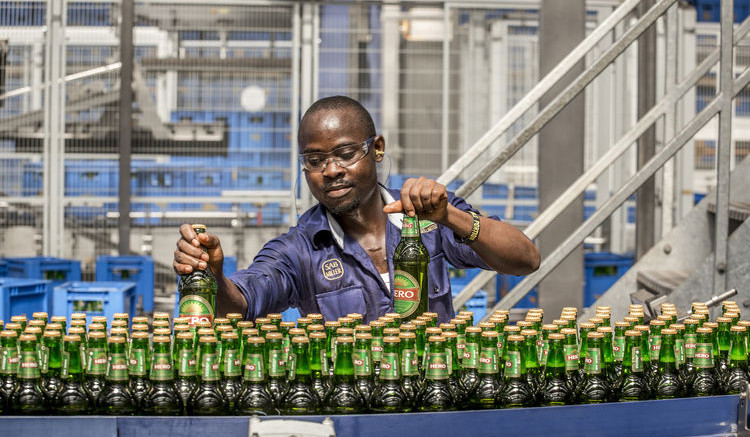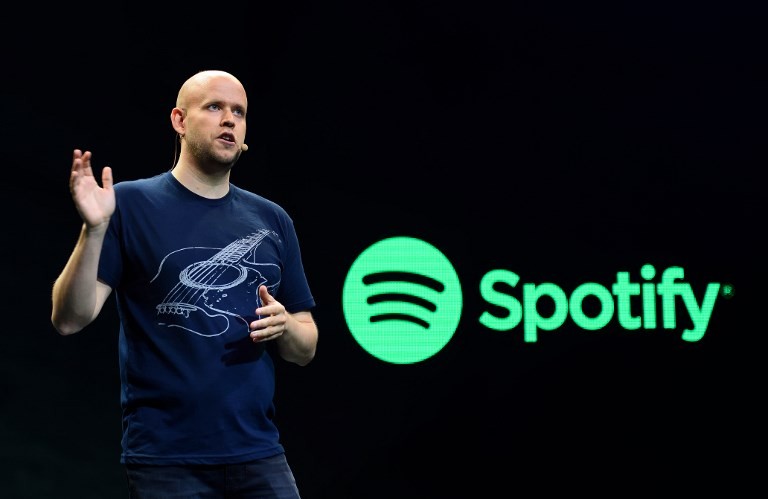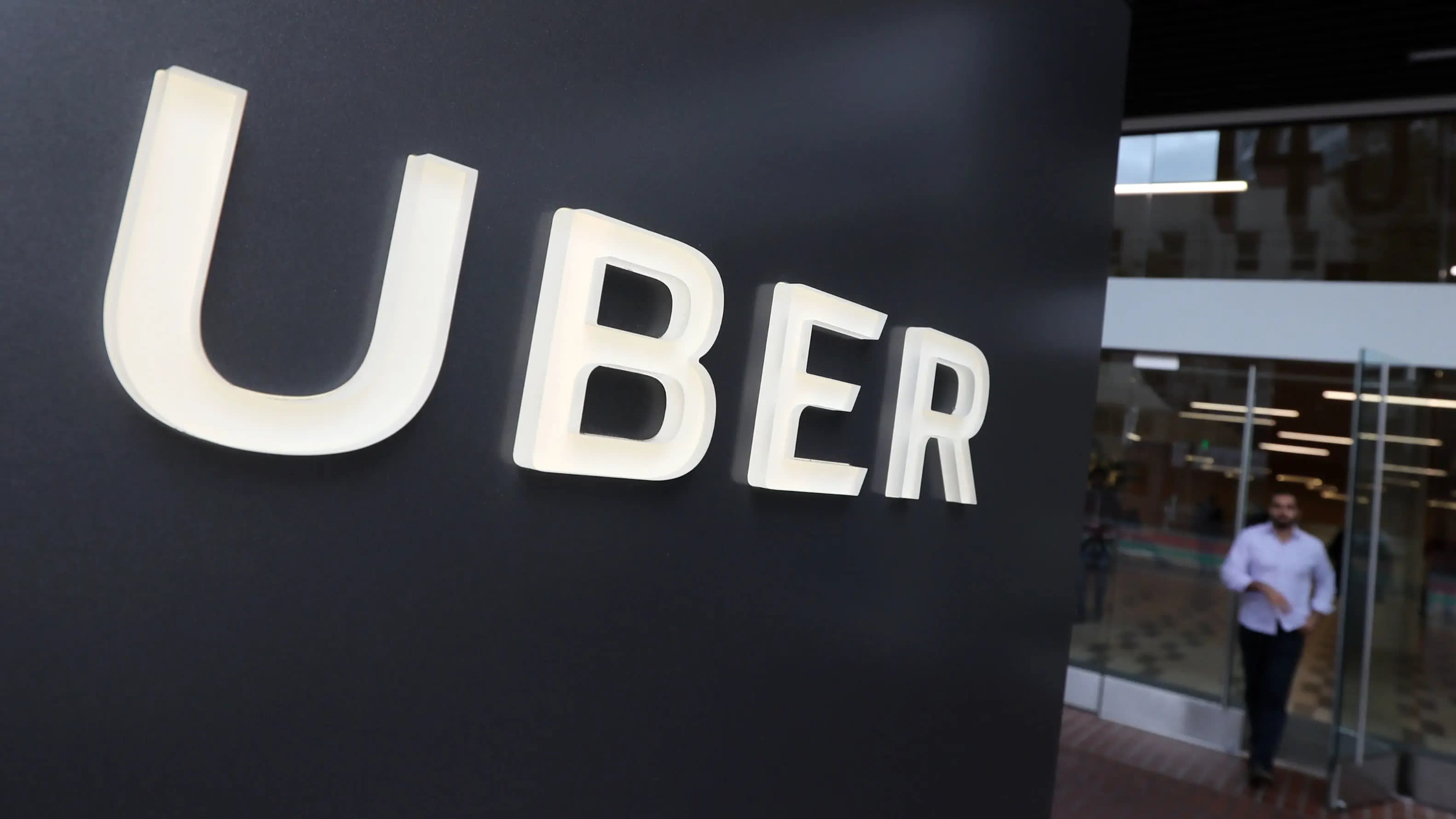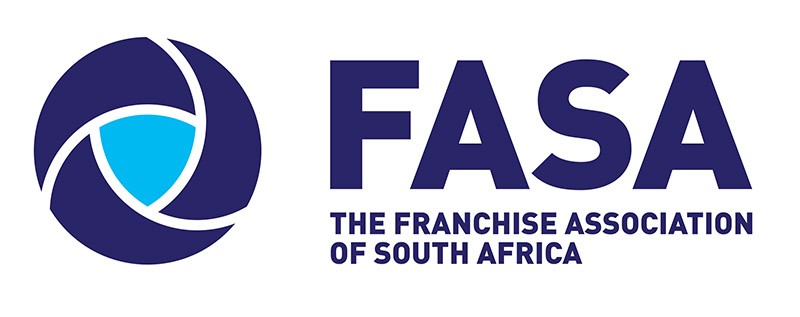South Africa Has The Best Startup Ecosystem In Africa, Says New Ranking
South Africa does not seem to be competing with any African country as far as the startup ecosystem is concerned. It remains the number one in Africa. This is according to a ranking developed by StartupBlink, a global map for startups worldwide, which has thousands of registered startups , co-working spaces and accelerators in its database.

South Africa does not seem to be competing with any African country as far as the startup ecosystem is concerned. It remains the number one in Africa. This is according to a ranking developed by StartupBlink, a global map for startups worldwide, which has thousands of registered startups , co-working spaces and accelerators in its database.
The ranking says South Africa is now the 50th in the world and the first in Africa, after it fell 13 places off from the previous ranking. Kenya is next, ranked 51, followed by Nigeria at 56, Egypt at 60, Rwanda at 64, Morocco at 65, Tunisia at 74, Ghana at 75, Uganda at 81, Cameroon at 84, Botswana at 90, Zambia at 92, Algeria at 99 and Ethiopia at 100.
Just Any Random Ranking From A Random Organisation?
The ranking is not one from a random organisation. StartupBlink, which works with notable global partners such as Crunchbase and SimilarWeb draws its data from what it claims is an algorithm that analyzes tens of thousands of data points on registered startups, accelerators and co-working spaces listed on the StartupBlink global startup ecosystem map, as well as data received from its partner organisations. 100 countries appeared on the ranking and 1000 cities from across the world were featured.
This feat by South Africa is remarkable because it may mean that, more businesses are finding it convenient to start up new ventures in South Africa than in Brazil, Russia, India, Russia, Kenya, the Philippines, Nigeria and Peru. However, the report still puts South Africa behind Malaysia, Slovakia, Slovenia and Croatia.
Russia on the fifteenth spot is the highest (15) ranked top emerging market country, closely followed by India (17).
As expected, the US, the global startup hub is the most ranked country, trailed by the UK, Canada and Israel in that order.
Why South Africa Deserves the Top Position In Africa
South Africa is the number one spot in Africa in the startup ecosystem in Africa, according to the ranking, because it is doing things differently.
StartupBlink says despite the drop in ranking, South Africa has an extremely high potential. It adds that the country is still very much better positioned than its African counterparts to become a global startup hub.
All the country needs to do is that:
“More active and positive government support is needed in order to reduce the difficulties facing startups and to simplify laws, helping entrepreneurs focus on what really matters — their business,”says the report authors.
However, StartupBlink says Kenya is Fast Closing This Gap
“Since 2007, Kenya’s startup ecosystem has been revolutionising mobile payments with such startups as m-Pesa. Kenya’s government has been involved in startup ecosystem development since 2013, with the launch of Konzo Techno City, a tech park project built outside of Nairobi.
“Global tech giants like Google, Microsoft, Samsung, and Intel are also located in the capital city, ’’ the report says.
But Many More Things Are Still Left Undone:
”Despite being one of Africa’s well-established startup ecosystems, Kenya still has room to improve. The country receives far less global funding and investment, and has fewer helpful government initiatives, than are present in higher ranked countries,” the report said.

Lagos, Nigeria Remains The Top African Startup City
Cummulatively, South Africa wins, but city by city, its cities are shut out from the first 100 in the world. South Africa’s highest ranked city is Cape Town on the 157th position (down 17 places over 2017). Johannesburg climbed up to the 248th spot the world(up 22 places).
Lagos, Nigeria remains the city for African startups at 99, globally (up a massive 120 spots); Nairobi, Kenya is at 105th spot (up 86 places from 2017) and Cairo, Egypt hangs at 177th (up 27 spots). Kigali, Rwanda is ranked at 232 while Tunis, Tunisia at 223 is ahead of Accra, Ghana which is at 244th and Casablanca, Morocco which is shot down to the 284th startup city in the world.
US’ San Francisco is the global city for startups, says StartupBlink followed by New York, London, Los Angeles and Boston. Three emerging market cities are among the top 20 — Moscow at 10, Beijing at 17 and New Delhi at 18.

Charles Rapulu Udoh

Charles Rapulu Udoh a Lagos-based Lawyer with special focus on Business Law, Intellectual Property Rights, Entertainment and Technology Law. He is also an award-winning writer. Working for notable organisations so far has exposed him to some of industry best practices in business, finance strategies, law, dispute resolution and data analytics both in Nigeria and across the world.

